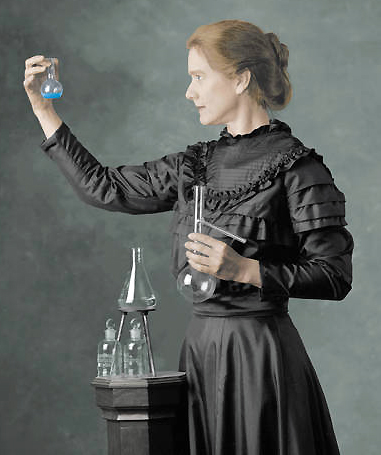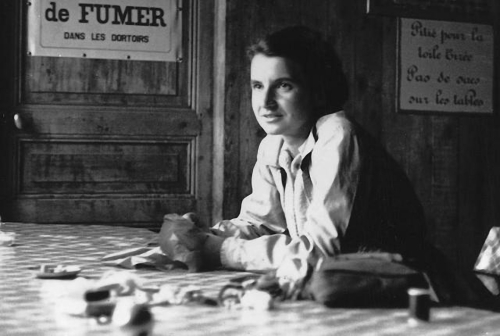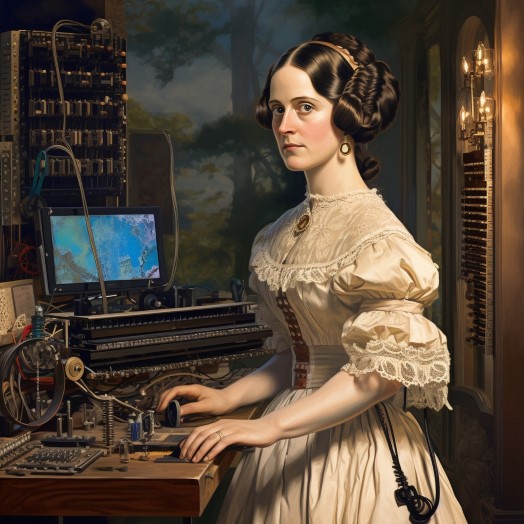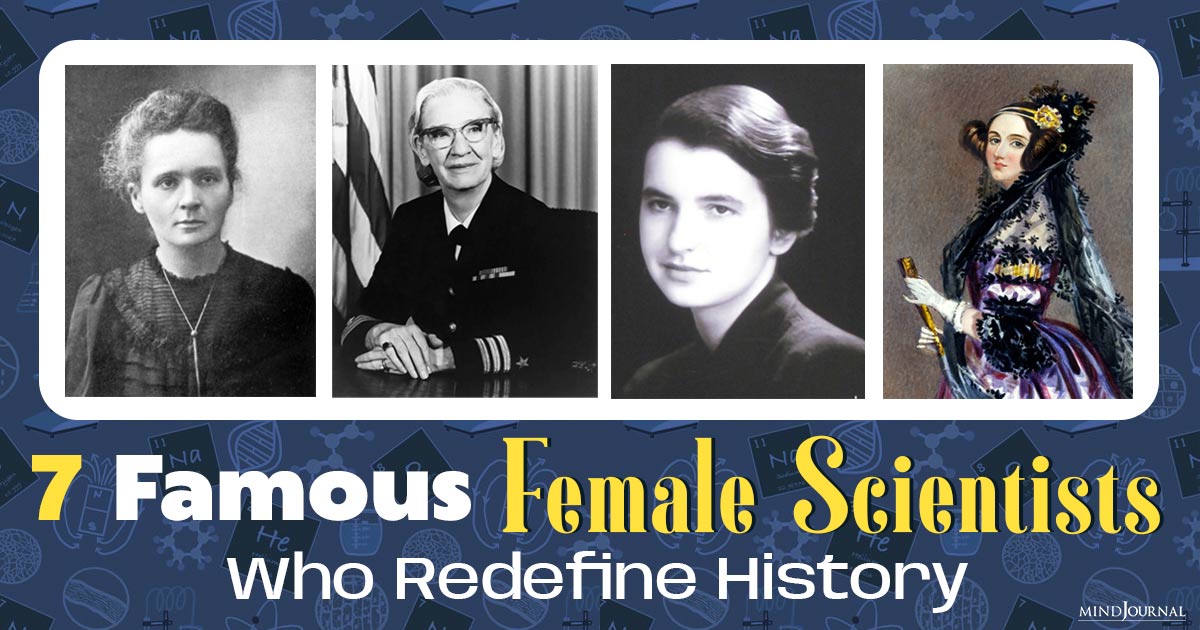Throughout history, women have been overshadowed by men. But behind the breakthroughs and innovations, there is a group of incredible and famous female scientists that has left their mark on the scientific world.
When was the last time you were asked to name a great scientist? Chances are, the likes of Isaac Newton or Albert Einstein popped into your head and for good reason — they made groundbreaking discoveries.
But if you’re like most people, men are probably all that comes to mind when thinking of great scientists. That’s because many famous women scientists have been left out of the history books — not by choice, but because men wrote them.
Women have been making strides in science for centuries – even during times when they were barred from schooling or pursuing careers. Only very recently did female scientists emerge from the shadows of history.
This International Women’s Day, are you ready to take some inspiration from these 7 popular female scientists who changed the world?
Related: 10 Things All Strong, Confident Women Do Differently
7 Famous Female Scientists Who Made Significant Contributions
1. Marie Curie (1867-1934)

This one needs no introduction. Marie Curie was a true groundbreaker, becoming the first woman to win a Nobel Prize — and then winning another. In the year 1903, she was awarded the Nobel Prize in Physics along with her husband Pierre Curie and Henri Becquerel. The award was given for their work on radioactivity.
Then, in 1911, she won the Nobel Prize in Chemistry for discovering the elements radium and polonium. Her research opened doors to medical treatment and radiation therapy that hadn’t previously existed.
2. Rosalind Franklin (1920-1958)

Rosalind Franklin used X-ray crystallography techniques to capture iconic images of DNA’s structure that eventually led to James Watson and Francis Crick’s double-helix model.
Although Watson declined to mention her contributions in his own memoir until after her death, her work extended beyond DNA to viruses, coal and graphite structures.
3. Ada Lovelace (1815-1852)

English mathematician Ada Lovelace translated an article on Charles Babbage’s Analytical Engine from Italian to English. But her notes on the piece went far beyond just translation: they were three times as long as the original article itself.
Among other things, they detailed how future computers might create music or art, which made Lovelace “the first person to realize that a computer could do anything that you could describe logically,” says Ursula Martin at the University of Oxford.
4. Jane Goodall (1934)

Jane Goodall is best known for her revolutionary study of chimpanzees — a project she began by simply observing them with binoculars while sitting on chicken-wire bridges in Gombe Stream National Park, Tanzania.
Over more than half a century, Goodall and colleagues affiliated with the Jane Goodall Institute documented chimps’ tool use, complex social relationships and range of emotions — such as joy after finding a tasty banana.
5. Grace Hopper (1906-1992)

US Navy rear admiral Grace Hopper was an early computing pioneer whose work on the team that developed the first commercial computer, UNIVAC I, helped to usher in the era of modern computing.
She is also credited with coining the term “debugging” after removing an actual moth from a malfunctioning machine.
6. Barbara McClintock (1902-1992)
Barbara McClintock’s work in genetics: namely, her discovery of transposons — or “jumping genes” — and her research into how organisms regulate their gene activity, earned her a Nobel Prize in Physiology or Medicine in 1983.
Her ground-breaking studies provided insights into genetic mutations and evolution.
7. Katherine Johnson (1918-2020)
During Katherine Johnson’s 35-year career as a mathematician at NASA and its predecessor agency, she became known for her attention to detail when she was asked to double-check other machines’ calculations.
Among other duties, she calculated trajectories for the first human spaceflight by an American (Alan Shepard), the first crewed spacecraft to orbit Earth (John Glenn) and Apollo 11’s trajectory to the Moon.
Related: Do Females Live Longer Than Males? Exploring The Science Behind It
These seven famous women scientists are not only brilliant but have left a mark on the scientific world that will forever be remembered. Their stories serve as a reminder that we can do anything if we put our minds to it and work hard enough.
Wishing all the women a Happy International Women’s Day!










Leave a Reply